PROTECT YOUR DNA WITH QUANTUM TECHNOLOGY
Orgo-Life the new way to the future Advertising by AdpathwayIn a dramatic legal battle, Salvadoran migrant Kilmar Abrego Garcia is set to challenge the U.S. government’s actions following his detention in El Salvador and subsequent criminal charges. Garcia’s legal team has subpoenaed Deputy Attorney General Todd Blanche and other officials as they argue for the dismissal of the case, claiming vindictive and selective prosecution. This upcoming court hearing in Nashville is poised to be significant, as it could impact not only Garcia’s fate but also the broader approaches taken by the administration regarding immigration enforcement.
Garcia’s lawyers aim to highlight what they view as a politically motivated prosecution. This isn’t just a matter of a single individual fighting against the system; it reflects wider tensions within the judiciary and the executive branches. U.S. District Judge Waverly Crenshaw, who has already recognized a “realistic likelihood” of vindictiveness in the case, will oversee the two-day hearing in early November. The judge’s focus on Blanche and the Attorney General’s remarks introduces a critical element into the proceedings, potentially complicating the administration’s defense.
One standout aspect of this case is the fine line that must be tread when arguing vindictive prosecution. Not only must Garcia’s team demonstrate that the prosecutors acted out of personal animus, but they also have to show he was singled out among others similarly situated. Given the complexities of these legal hurdles, the odds are steep, yet the scrutiny of whether a fair process is being followed is paramount. Critics argue that the charges against Garcia have been weaponized as a part of the broader immigration enforcement strategy, resulting in a drawn-out and contentious legal battle that raises alarms about the integrity of justice.
Within the courtroom, the tension is palpable. The Justice Department’s past attempt to quash subpoenas signifies resistance to scrutiny. The agency’s spokesperson has declined to comment due to a gag order, which points to an awareness of how the external narrative of this case could shape public opinion and impact legal proceedings. By framing Garcia as a gang member, the administration sought to bolster its tough-on-crime image, yet Judge Crenshaw has dismissed those accusations as “fanciful,” indicating a shift in power dynamics.
Garcia’s background adds layers to this unfolding story. After entering the U.S. illegally over a decade ago, he lived in Maryland with his family before being deported to a high-security prison back in El Salvador, an action deemed erroneous by Trump officials. This backdrop of familial ties and a long residency complicates the narrative, as it raises questions about the fairness of placing individuals in the criminal justice system solely based on their immigration status.
The stakes are particularly high as this case unfolds against the backdrop of broader national immigration policies. Many will be watching how this evolves, as it has the potential to reshape discussions around enforcement strategies. With both sides armed with their perspectives—the government’s assertion of authority paired against claims of vindictiveness—the courtroom in Nashville will serve as a battleground for these opposing views.
As the hearing approaches, the tension between administration officials eager to maintain their stance and the defense team attempting to prove prejudice will only sharpen. The outcomes of these legal proceedings may not only decide Garcia’s future but also influence how similar cases will be approached in the future. Thus, the significance of the upcoming hearing cannot be understated. It encapsulates the complexities of immigration law and the fraught tensions between rule of law and enforcement practices amidst an ever-changing political landscape.
"*" indicates required fields


 2 days ago
2
2 days ago
2
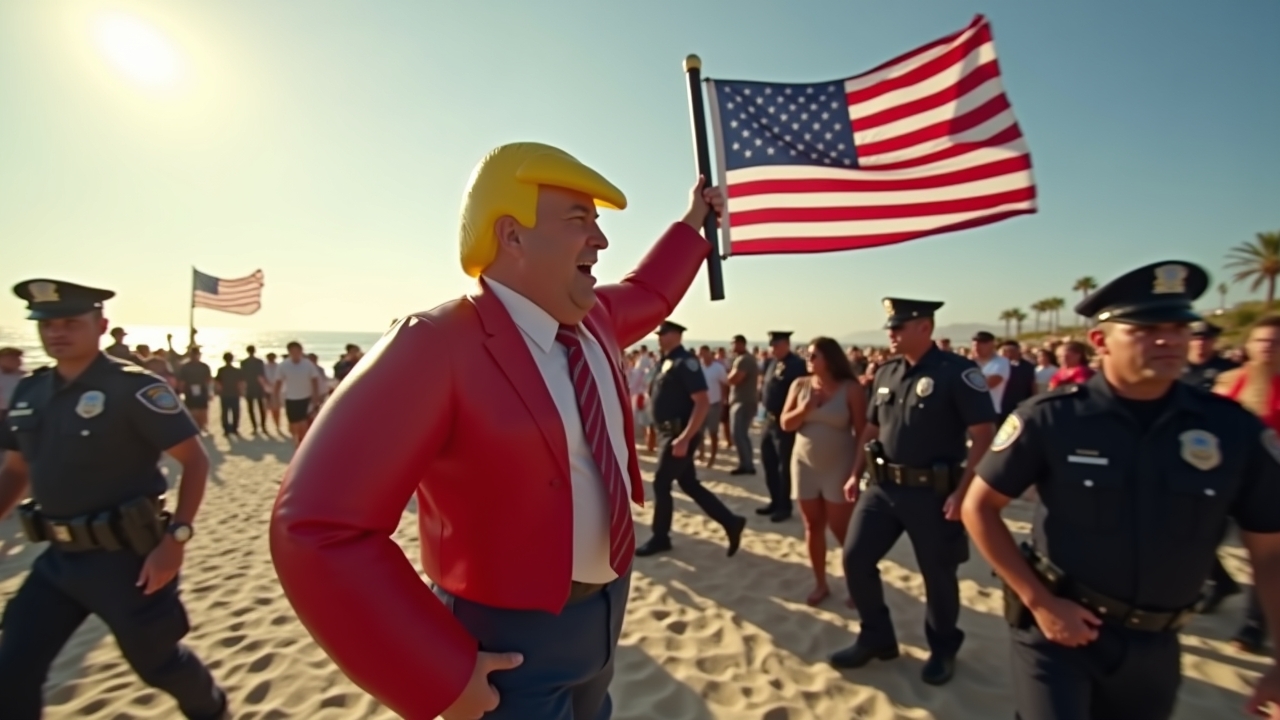
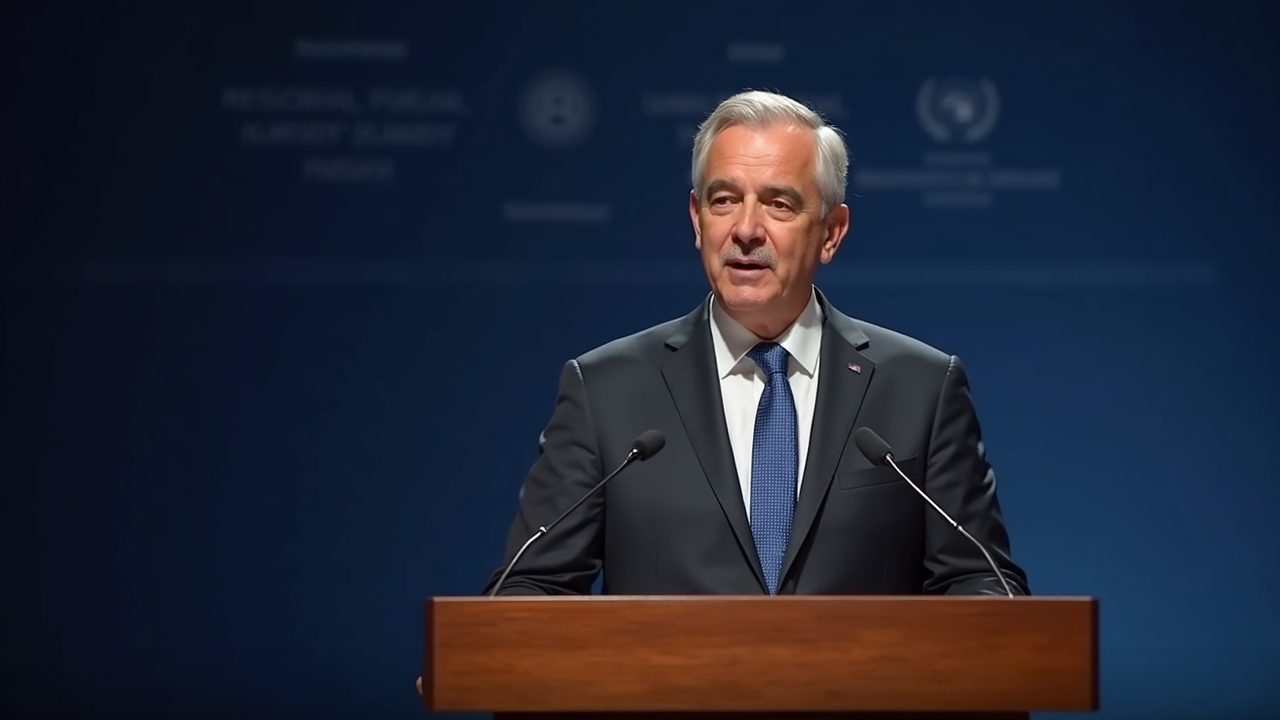
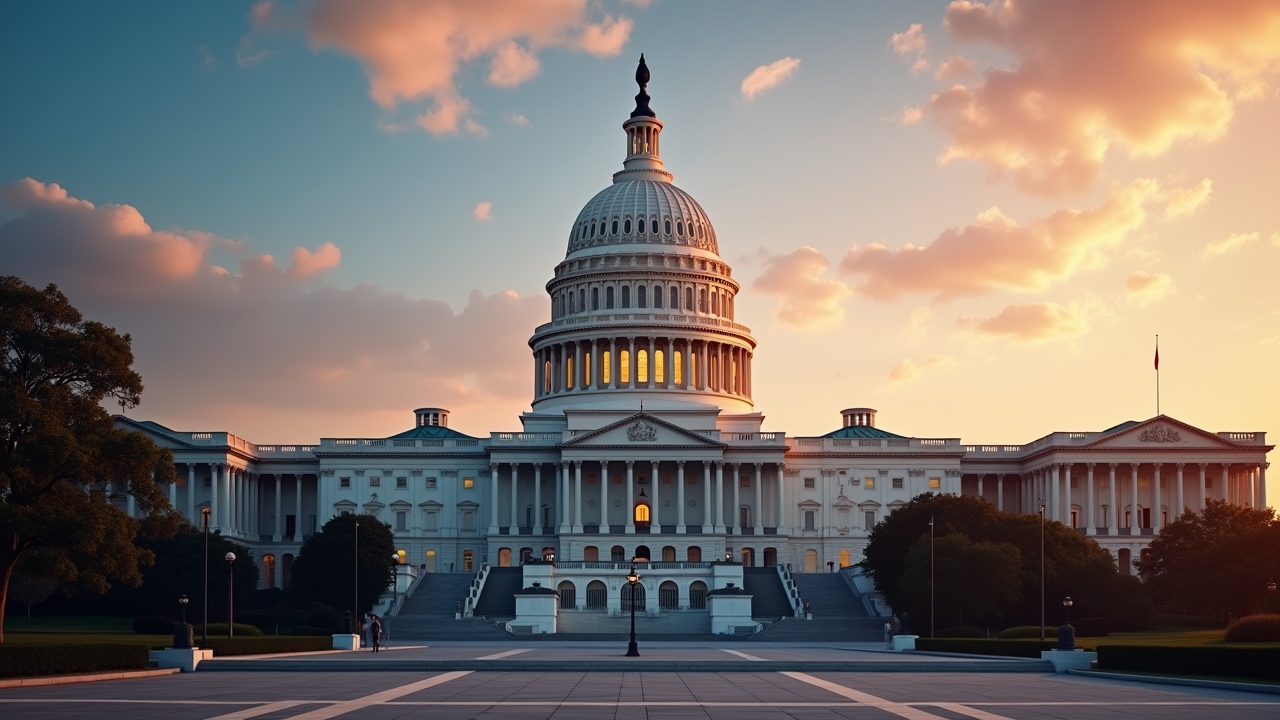
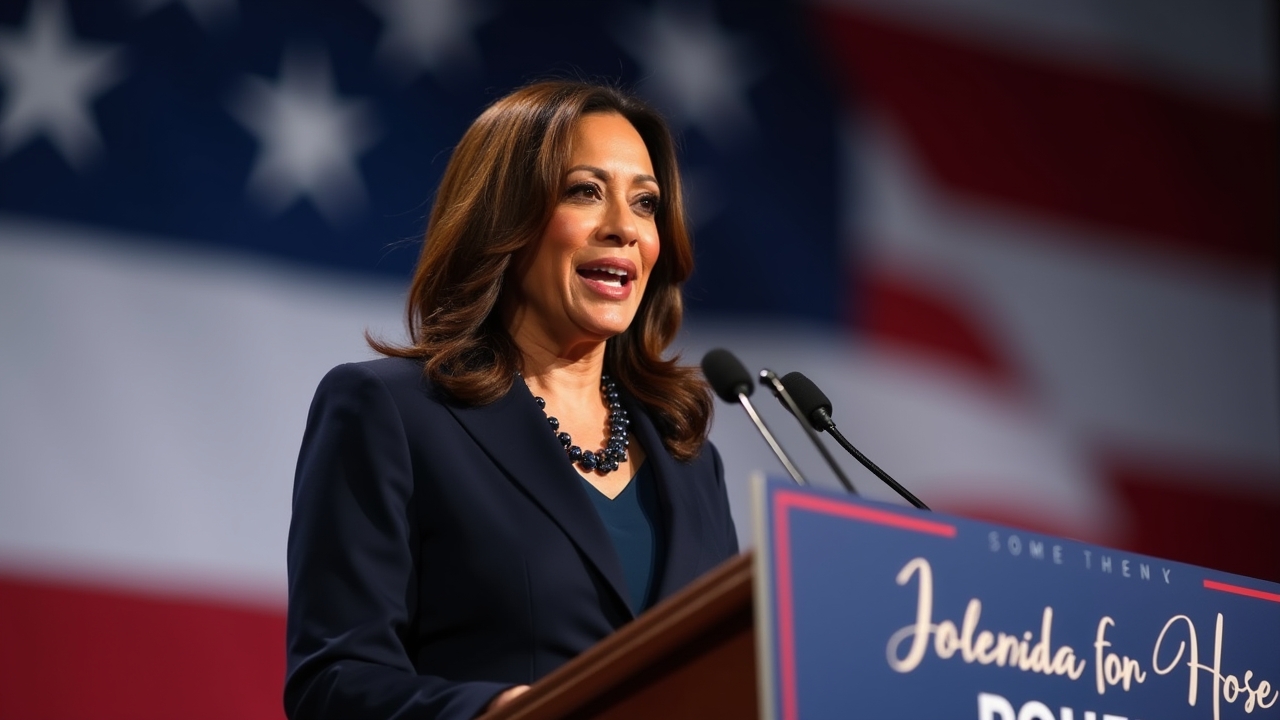

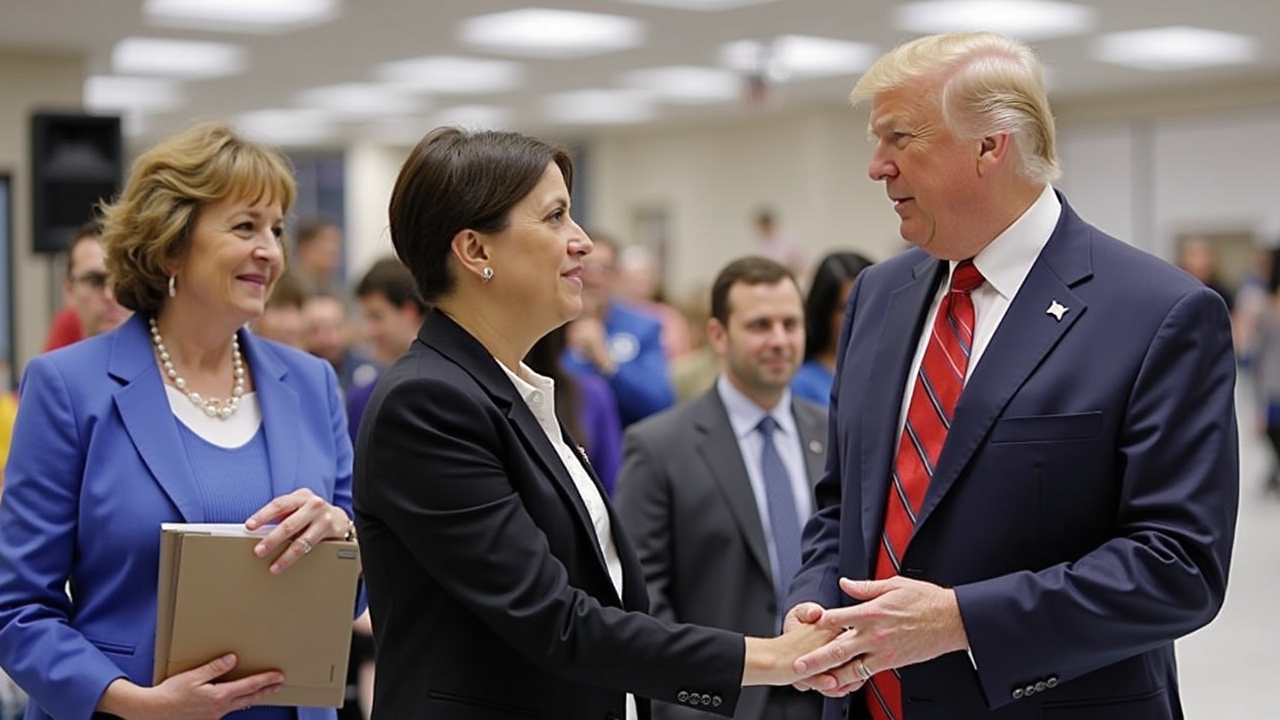
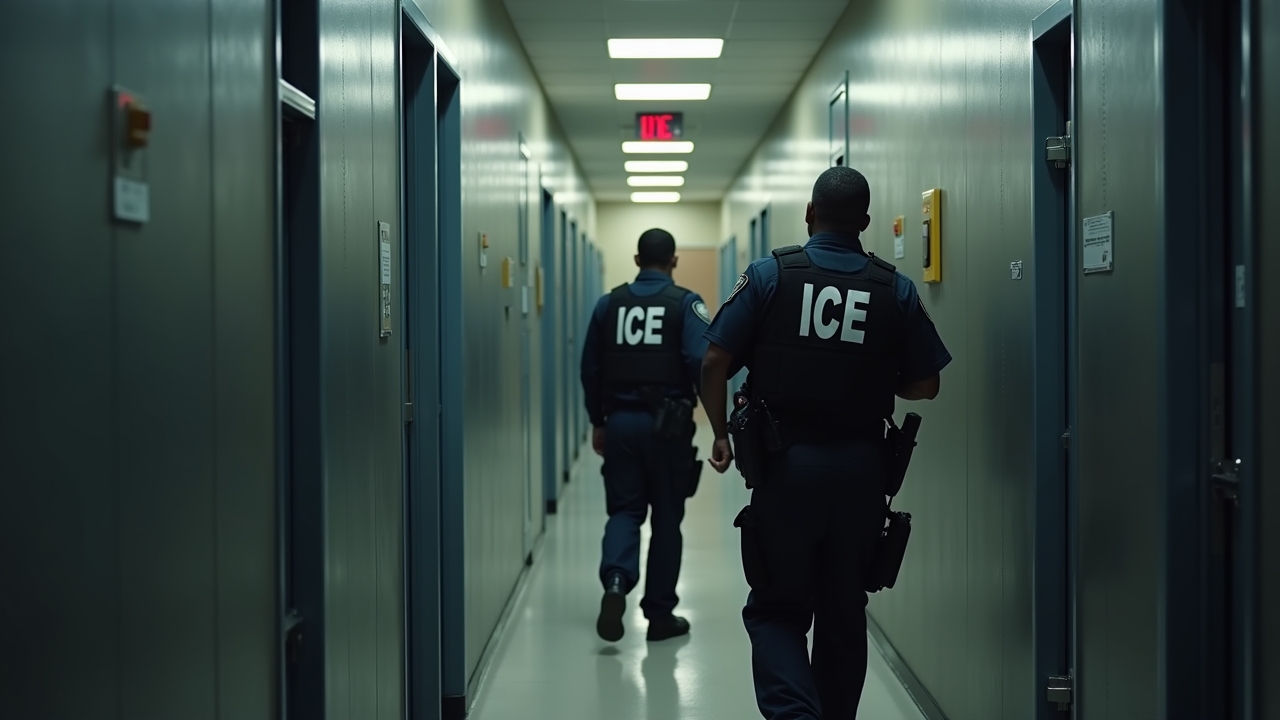
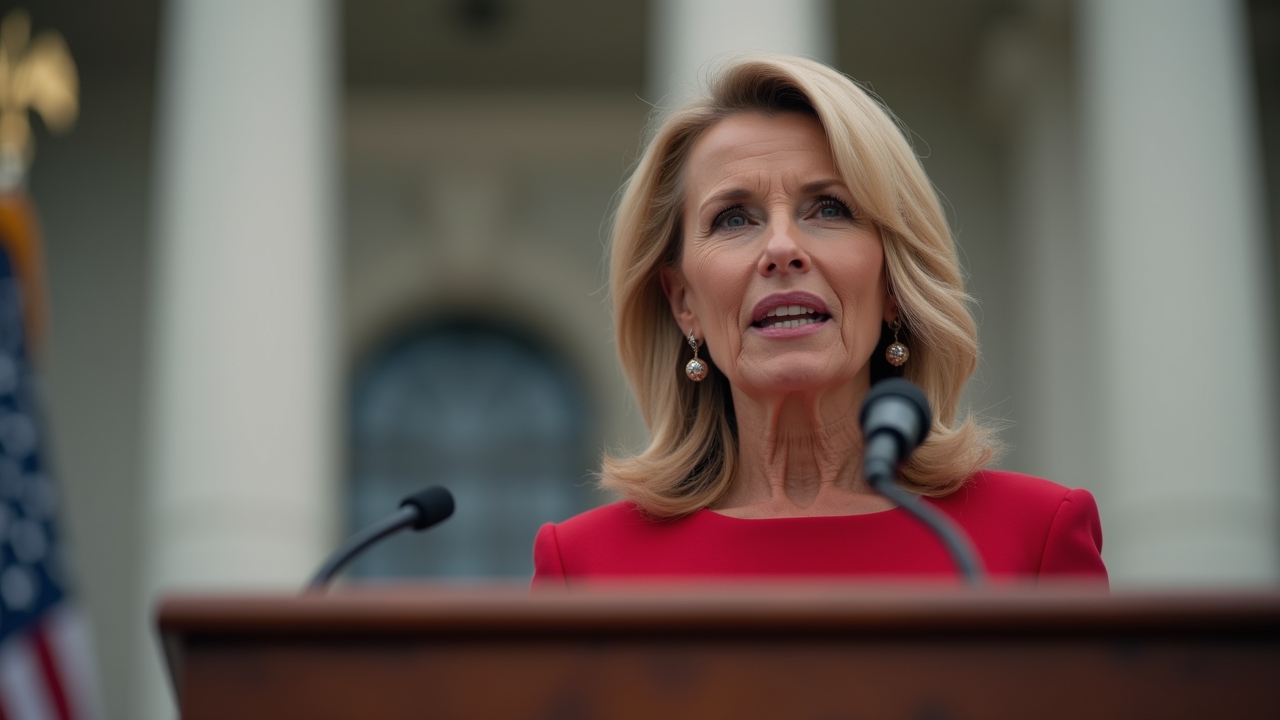










.jpg)






 English (US) ·
English (US) ·  French (CA) ·
French (CA) ·